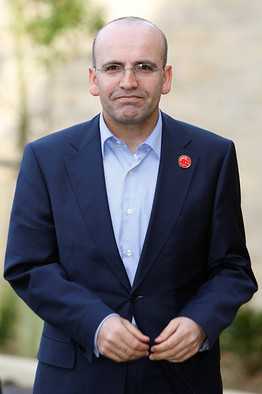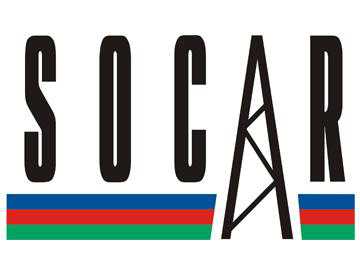ISTANBUL – Hürriyet Daily News

Turkish companies could use Singapore as a gateway to the Far East, said Chandra Das, the Singapore ambassador to Turkey, told the Hürriyet Daily News & Economic Review.
“We have had regular bilateral exchanges at all levels, and it is important that this should continue;” he said. “While Singapore companies have made some inroads into Turkey and vice versa, I believe that we can do much more”
Turkish companies could use Singapore as a gateway to the region the ambassador said. “They could partner up with our companies in joint ventures and make use of our knowledge of our region. In this regard, the decision to set up a Singapore-Turkey Business Association – which was announced during my president’s state visit to Turkey in June 2009 – signals our two countries’ shared aim of developing deeper bilateral economic and trade ties. We cannot expect immediate results, but the first joint meeting in Singapore in early December is a good start.”
The Turkish-Singapore Business Council, set up in 2005, is also expected to assist in the development of bilateral trade and economic relations between Turkey and Singapore, one of the most important commercial centers of Asia- Pacific Region. Immense cooperation possibilities exist in the fields of technology, finance, construction, agro-business, tourism and logistics.
In 2009 barely 11,000 Turks visited Singapore, but this year expectations are that closer to 15,000 Turks will go there by the end of the year. The inauguration of direct flights is sure to expand the number of people wanting to fly there. In any case the Singapore Tourism Board is looking for ways to re-design the “Singapore Experience” for the next 10 years in order to strengthen and enhance the entire visitor experience by focusing on the delivery of products and services. The basic idea is designing and constructing exceptional experiences. Awards were initiated to encourage innovators.
During Ambassador Das’ last meeting with the governor of Istanbul, he invited the governor to nominate Istanbul for the 2012 Lee Kuan Yew World City Prize. The Lee Kuan Yew prize is a biennial international award to recognize individuals and organizations that have made outstanding contributions to the creation of vibrant, livable and sustainable urban communities around the world. Nominations are open to all individuals and organizations that have demonstrated key leadership roles in such fields as urban planning projects, urban policies and programs, urban management and in applying technology to urban solutions.
There have been growing links in recent years between Turkey and China. Turkey’s foreign minister has toured that country. But what effect might China itself have on relations between Singapore and Turkey? Das pointed out that in the 21st century, the global economy’s center of gravity will shift from the Atlantic to the Pacific. Singapore serves as a springboard to Asia. “We have developed deep links with China, India and the rest of Southeast Asia, and there are about 7,000 to 8,000 multinational corporations and thousands of international small and medium enterprises that have set up their presence in Singapore. We hope that Turkish companies will use Singapore as a gateway to our region,” he said.
“The Asia-Europe Meeting is a useful platform for Asian and European leaders to get together to exchange views on common challenges. The leaders welcomed three new members, namely Australia, New Zealand and Russia, at the recent summit in Brussels. Singapore welcomes other countries’ interest in joining ASEM, though it should be pointed out that with an expanded membership of 48, ASEM members are looking for ways to improve their working methods and further address the issue of future enlargement of membership.”
Das is Singapore’s non-resident ambassador to Turkey and he has years of experience in the business world and has served as a member of parliament.
He has also become a pro-Chancellor at Nanyang Technological University, or NTU. There are some relations between NTU and similar Turkish universities. “In November 2009, the National University of Singapore signed a memorandum of understanding with four Turkish universities – Middle East Technical University, Istanbul University, Istanbul Technical University and Yıldız Technical University. The objective is to promote international collaboration in top-level research, and student and staff exchanges with the four top universities in Turkey.”
When asked how Singapore Airlines was doing, Das said the airline has started four weekly non-stop flights between Singapore and Istanbul to replace the current six weekly Singapore-Dubai-Istanbul services. “This is a notable development, as it signifies that traffic between Singapore and Istanbul has grown to the extent that non-stop flights are now economically viable. From the end of October 2010, Turkish Airlines increased services to Singapore, from five weekly services to six, which is also testament to the strong flow of people and trade between both countries.”





